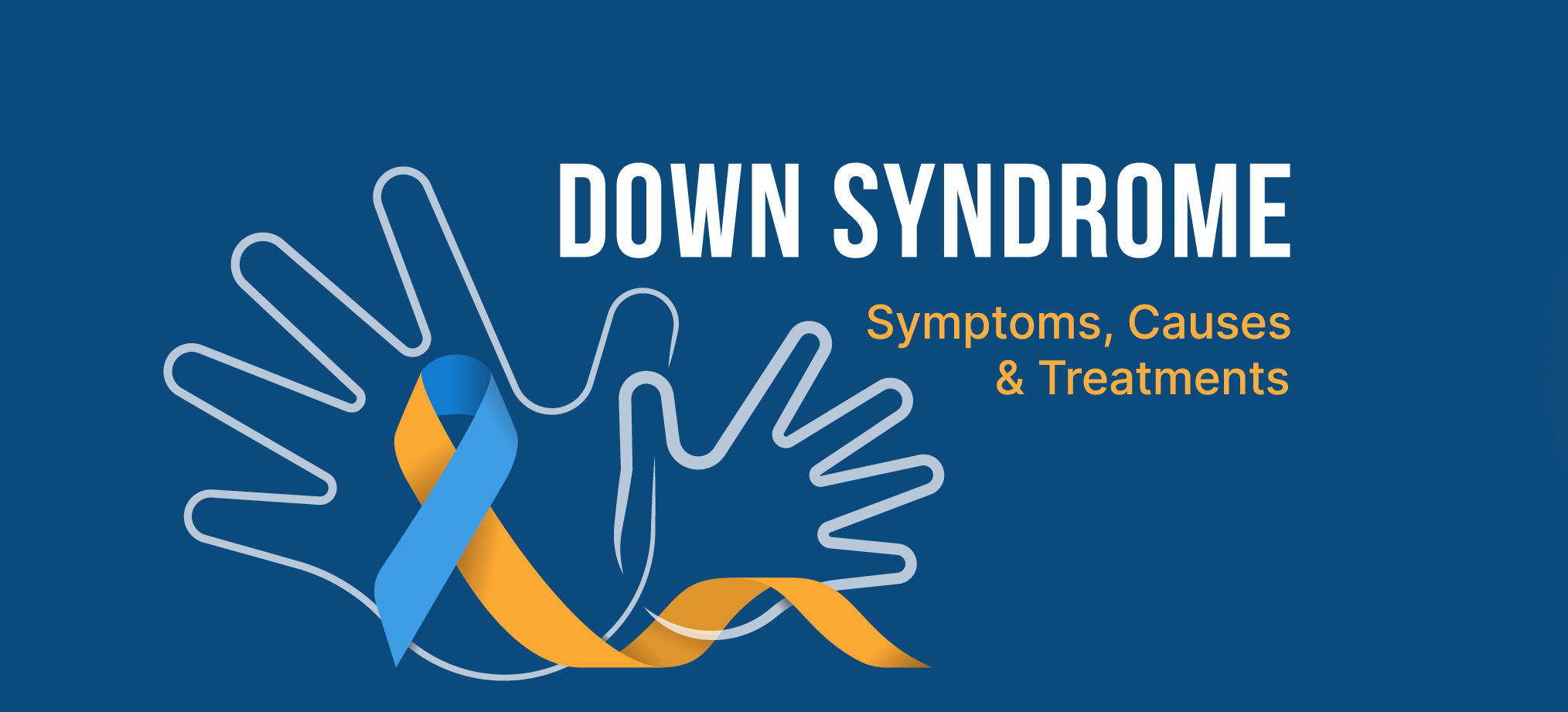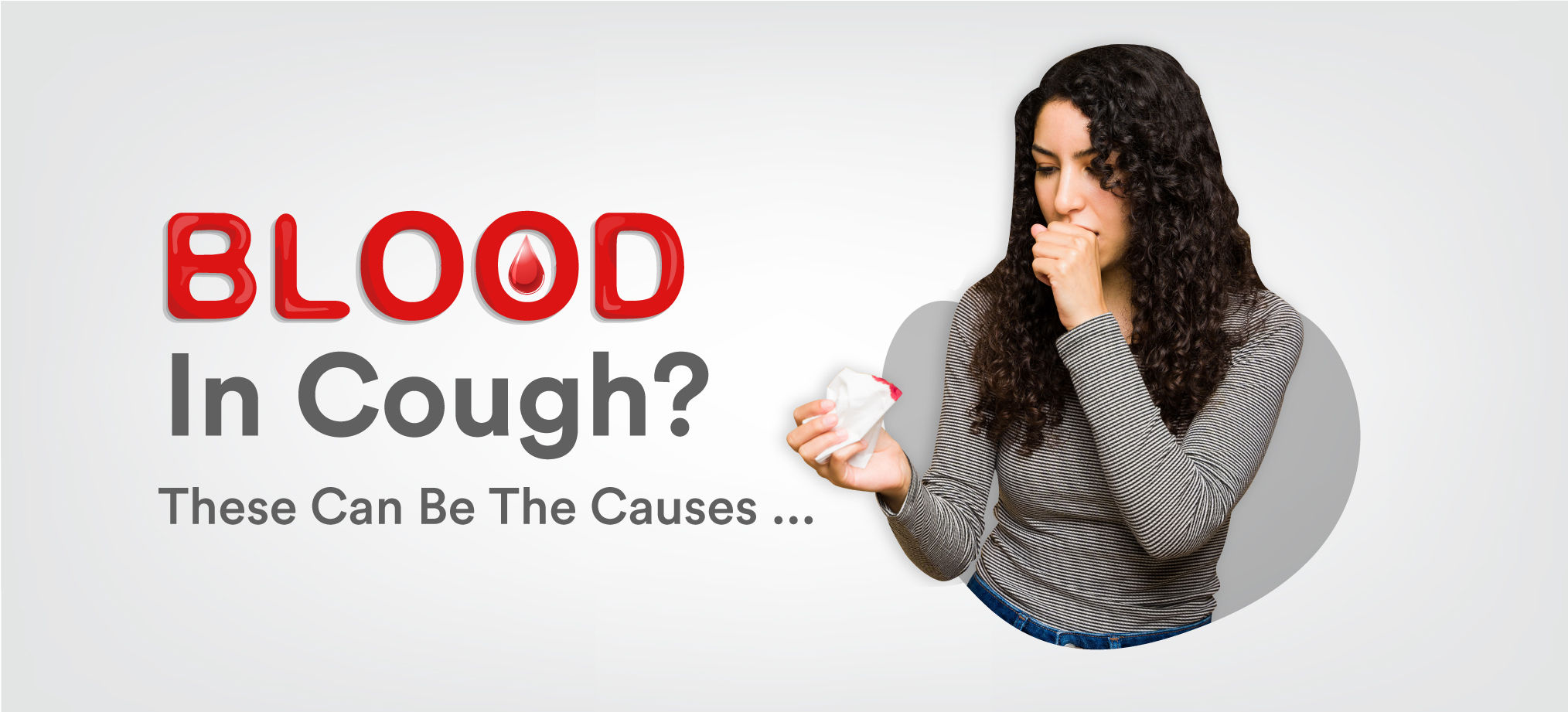General Health
Down Syndrome Can Be Analyzed Before Birth! Know All About This Genetic Disorder
5 min read
By Apollo 24|7, Published on - 22 February 2023, Updated on - 22 March 2023
Share this article
0
0 like

Did you know the human body is made up of trillions of cells that combine to form different tissues and organs? Well, every human cell has a nucleus that stores thread-like structures called chromosomes. Simply put, chromosomes are the containers that carry genes, while a single gene is made up of tightly coiled DNA (deoxyribonucleic acid) & protein. The genes are responsible for all the traits and functions that we inherit from our parents.
Humans have 22 pairs of numbered chromosomes and one pair of sex chromosomes (XX or XY), making it a total of 46. Each pair contains two chromosomes, out of which one is donated to the child. When a baby is born, they inherit half of their chromosomes from their mother and half from their father.
Down syndrome is a genetic disorder marked by the presence of an extra copy of chromosome number 21. People diagnosed with Down syndrome develop an intellectual disability, low muscle tone and a characteristic facial appearance. Let us know more about this condition in this blog.
How Is Down Syndrome Diagnosed?
Down syndrome can be diagnosed both before and after the baby is born.
1. Before birth
A pregnant woman usually undergoes several blood tests (such as MS-AFP, Triple Screen and Quad-screen) and ultrasounds to witness the growth of the baby. These tests can also suggest the markers of Down syndrome. Furthermore, other prenatal screenings that may help diagnose Down syndrome include amniocentesis and chorionic villus sampling (CVS). In these tests, the doctor removes a sample of cells either from the placenta (in case of CVS) or from the fluid surrounding the baby (in case of amniocentesis), to determine the presence of any abnormal chromosomes.
2. After birth
The doctors search for the physical signs of Down syndrome after the baby is born. The diagnosis is confirmed after conducting a blood test called a karyotype, which helps in determining the size, shape, and number of chromosomes in the body.
What Are The Signs Of Down Syndrome?
Down syndrome can result in physical, cognitive and behavioural manifestations. The physical signs of Down syndrome include:
- Broad face, flat bridge of the nose with almond-shaped eyes that slant upward
- Small stature with a short neck
- Poor muscle tone
- Malformed or small ears
- Abnormally shaped or small ears
- Single deep crease in the centre of the palm with relatively short fingers
- Small hands and feet
The cognitive symptoms may include:
- Difficulty concentrating
- Sleep disturbances
- Delayed cognition (ability to think and understand)
- Delayed speech and language development
- Low intelligence quotient (IQ)
What Causes Down Syndrome?
Down syndrome can occur due to one of three types of abnormal cell division in chromosome 21. There are 3 possible genetic causes of Down syndrome:
1. Trisomy 21
Trisomy 21 is the most common cause of Down syndrome. In this type, chromosome 21 fails to separate during the formation of an egg (female reproductive cell). Later, this abnormal egg carrying two chromosomes unites with a sperm (male reproductive cell) that carries just one chromosome. Therefore, the embryo (future baby) has 3 copies of chromosome 21 instead of the normal two.
2. Mosaic trisomy 21
Mosaic trisomy occurs in around 1 to 2% of cases. In this type, some cells have extra chromosomes, which result in the formation of a mosaic of normal and abnormal cells in the embryo.
3. Translocation trisomy 21
Translocation is seen in about 3 to 4% of Down syndrome cases. In this type, some parts of chromosome 21 get attached to another chromosome, before or after conception. Therefore, the child has normal copies of chromosome 21 but has additional parts of chromosome 21 attached to another chromosome.
Can Down Syndrome Result In Other Medical Conditions?
People suffering from Down syndrome are at increased risk of developing some medical conditions either at birth or over time. Some of these conditions include:
- Congenital heart defects such as atrioventricular septal defect and patent ductus arteriosus
- Congenital hypothyroidism (low thyroid hormone)
- Hearing loss
- Vision problems such as refractive errors, cataracts and glaucoma
- Infertility
- Sleep apnoea syndrome
- Gastrointestinal problems such as constipation, gastroesophageal reflux (GERD) and celiac disease
- Autism
- Alzheimer’s disease
- Seizures
- Chronic respiratory infections
- Recurrent tonsillitis (inflammation of the tonsils)
Can Down Syndrome Be Treated?
There is no cure for Down syndrome. However, the treatment focuses on relieving the symptoms and problems associated with the condition. A multidisciplinary approach is used by a team of doctors to ensure that the child learns to cope with the condition. Parents are also educated on how they can help their children grow and develop. The care team includes:
- Medical specialists are provided as per the need. For instance, cardiologists for heart issues, endocrinologists for hormone-related disorders and ophthalmologists for eye problems.
- Speech therapists to improve communication skills.
- Physical therapists help in improving strength, balance and coordination.
- Occupational therapists help in improving motor skills so that the child can carry out the daily tasks without any assistance.
Down syndrome can result in some birth defects, learning disabilities, and distinct facial features. However, early medical intervention, good educational programs, and a supportive and stimulating home environment can help people with Down syndrome develop to their full potential. Couples who have a family history of down syndrome can get tested for the condition before the birth of the baby. For more information,
Consult Apollo's Expert Genetic Counsellors
Medically reviewed by Dr Sonia Bhatt.
General Health
Leave Comment
Recommended for you

General Health
Is Your Monsoon Fever a Sign of Typhoid?
High fever is one of the early signs of typhoid. Since it can easily be mistaken for ordinary fever, it is important to remain alert to the other major symptoms of typhoid.
_24.jpg?tr=q-80)
General Health
My baby girl has a cough for the past 5-6 days. 4 days back a doctor 4 days gave cefpodoxime oral suspension IP but the condition has not improved. The doctor then gave a 5-day course of injection. traxol 250 mg. Please guide what to do.

General Health
Coughing Up Blood? You Might Be Having These Health Issues
Hemoptysis, or the presence of blood in a cough, may signal some serious medical issues. If you notice any such symptom, consult a doctor immediately to get the underlying cause diagnosed.
Subscribe
Sign up for our free Health Library Daily Newsletter
Get doctor-approved health tips, news, and more.
Visual Stories

Plant-based Foods That Are a Great Source of Iron
Tap to continue exploring
Recommended for you

General Health
Is Your Monsoon Fever a Sign of Typhoid?
High fever is one of the early signs of typhoid. Since it can easily be mistaken for ordinary fever, it is important to remain alert to the other major symptoms of typhoid.
_24.jpg?tr=q-80)
General Health
My baby girl has a cough for the past 5-6 days. 4 days back a doctor 4 days gave cefpodoxime oral suspension IP but the condition has not improved. The doctor then gave a 5-day course of injection. traxol 250 mg. Please guide what to do.

General Health
Coughing Up Blood? You Might Be Having These Health Issues
Hemoptysis, or the presence of blood in a cough, may signal some serious medical issues. If you notice any such symptom, consult a doctor immediately to get the underlying cause diagnosed.